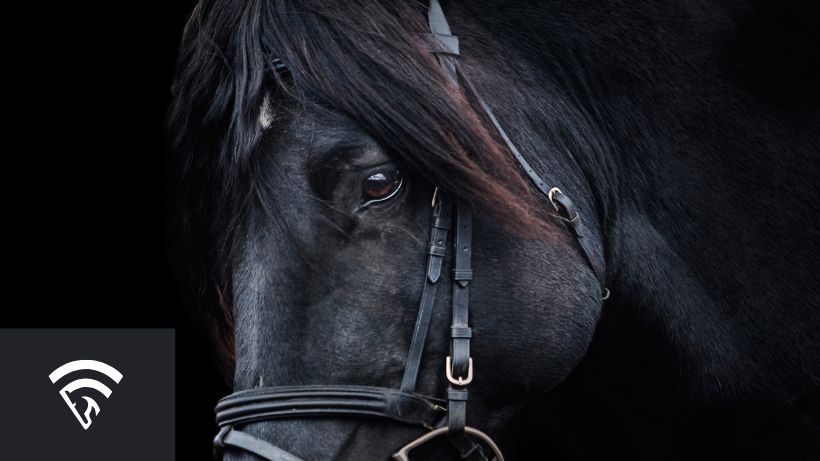What is a Cover in Horse Racing?
A cover in horse racing, within the context of breeding, refers to the act of a stallion mating with a mare. Each time a stallion is paired with a mare for breeding, it is documented as a “cover,” with official records kept to maintain accurate lineage information. Monitoring covers is crucial to tracking a horse’s pedigree, verifying foal parentage, and managing successful breeding practices in the Thoroughbred industry.
Why is a Cover Important?
- Pedigree Verification: Recording each cover ensures breeding transparency, confirming the sire of each resulting foal.
- Breeding Efficiency: Tracking how many covers a stallion performs helps manage his schedule and maintain his health.
- Foal Value: Foals from high-profile covers, particularly those involving proven stallions and quality mares, often command premium prices at auction.
- Regulatory Compliance: Many racing jurisdictions require accurate cover records to uphold integrity in the Thoroughbred stud book.
Tips for Understanding Covers
- Monitor Mare Cycles: Breeders time covers to align with a mare’s estrus, increasing the likelihood of conception.
- Assess Stallion Workload: Balancing a stallion’s covers can help prevent fatigue or injury, especially for high-demand sires.
- Maintain Detailed Records: Keeping precise records of each cover (including date, time, and involved horses) ensures correct foal registration.
- Evaluate Breeding Goals: Some covers aim for specific attributes—like speed or stamina—by pairing stallions and mares with complementary traits.
While breeding is a key facet of the horse racing industry, EquinEdge focuses on helping bettors make smarter wagers through AI-powered handicapping tools. By analyzing race data, speed figures, and other performance metrics, EquinEdge brings a data-driven edge to your betting experience. Sign up for EquinEdge today to get started.
